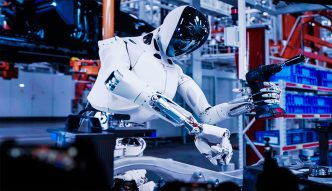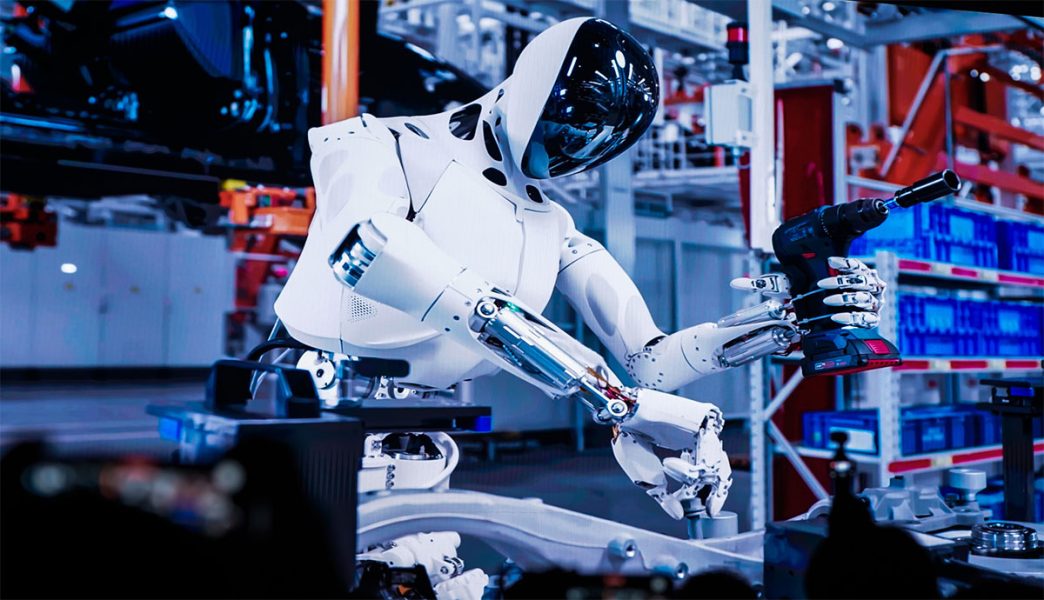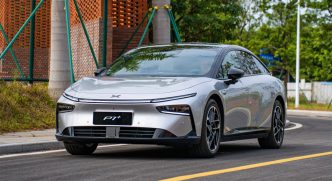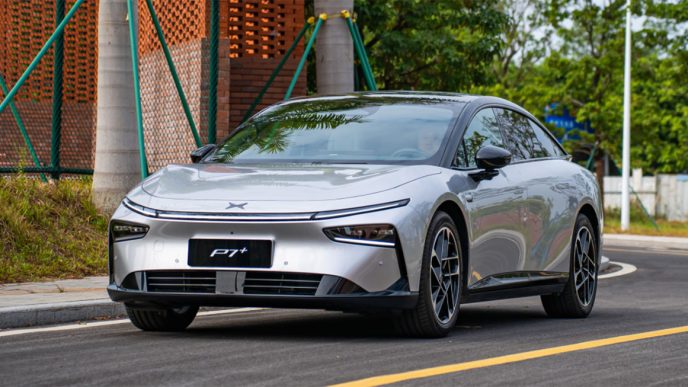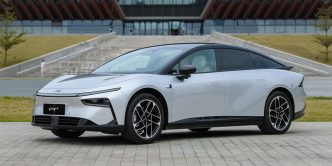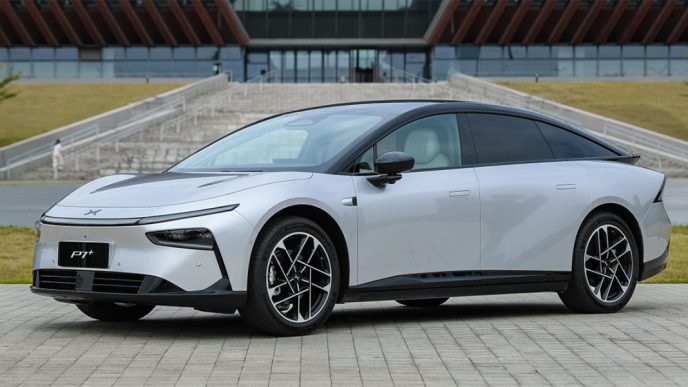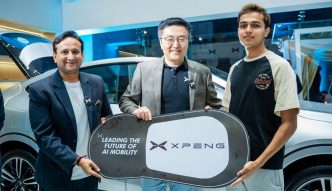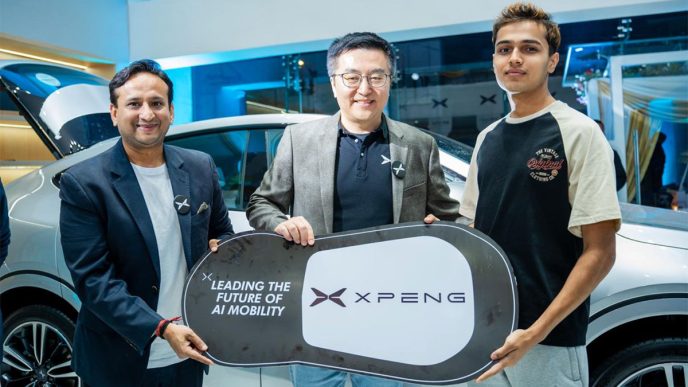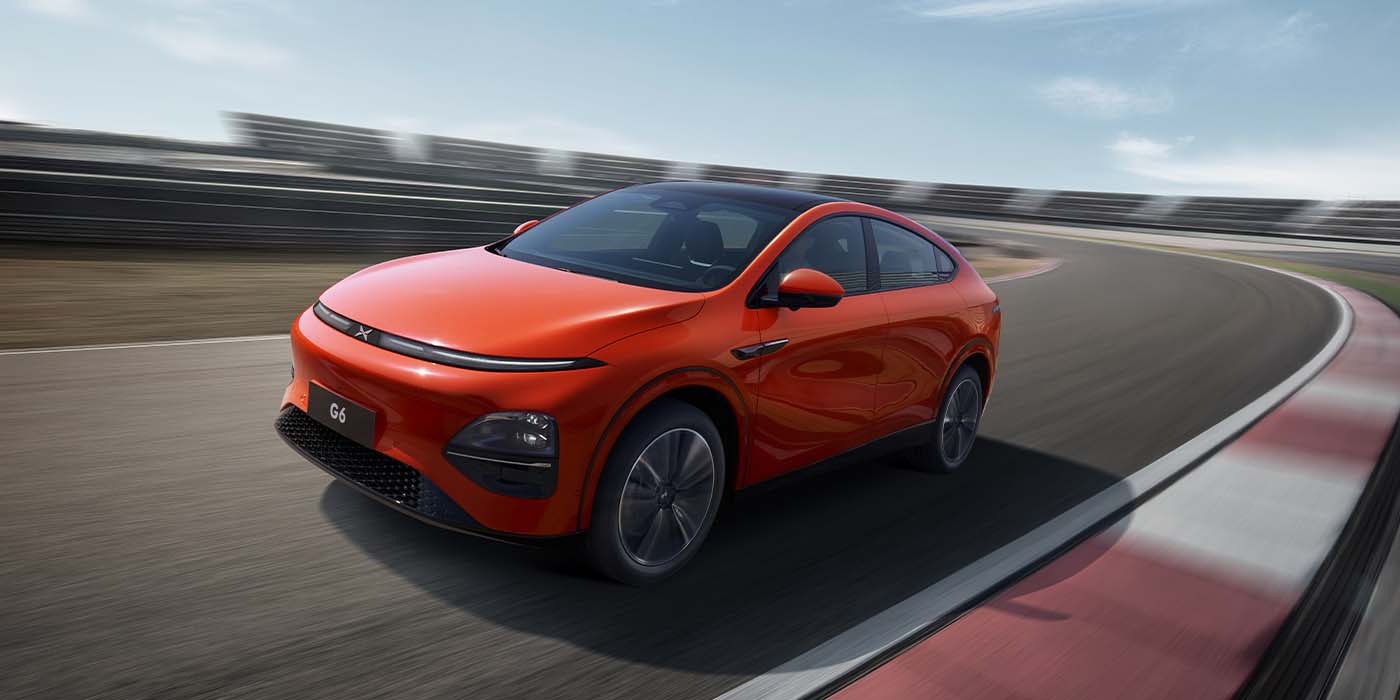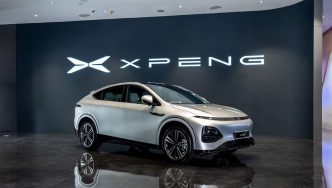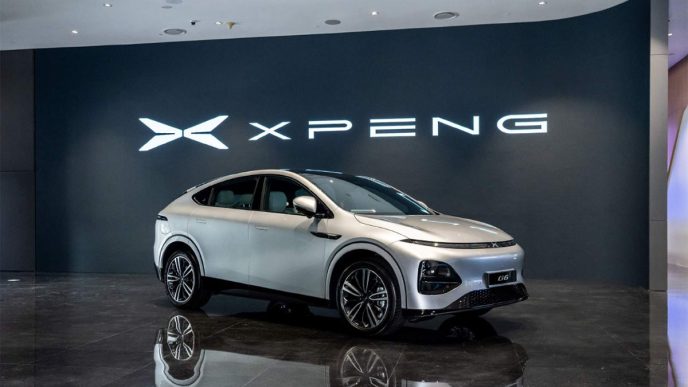Xpeng transformed its annual AI Day event in Guangzhou into a showcase of breakthrough technologies, revealing plans and products that highlight the company’s vision for an AI-powered future in mobility and robotics. CEO He Xiaopeng took the stage to introduce the Kunpeng Super Electric System for extended-range hybrids, a new Turing AI chip, and innovative autonomous systems—signaling Xpeng’s ambitions to lead in both automotive technology and artificial intelligence.
Kunpeng Super Electric System: Redefining Range for Hybrid EVs
At the core of Xpeng’s latest offerings is the Kunpeng Super Electric System, an extended-range hybrid solution poised to challenge current industry limits on EV range. With a projected total range of 1,400 kilometers and a pure battery range reaching up to 430 kilometers, Kunpeng is designed to address range anxiety, even on long journeys. It incorporates advanced 5C fast-charging capability, allowing it to reach 80% charge in just 12 minutes—an unprecedented speed for hybrid systems.
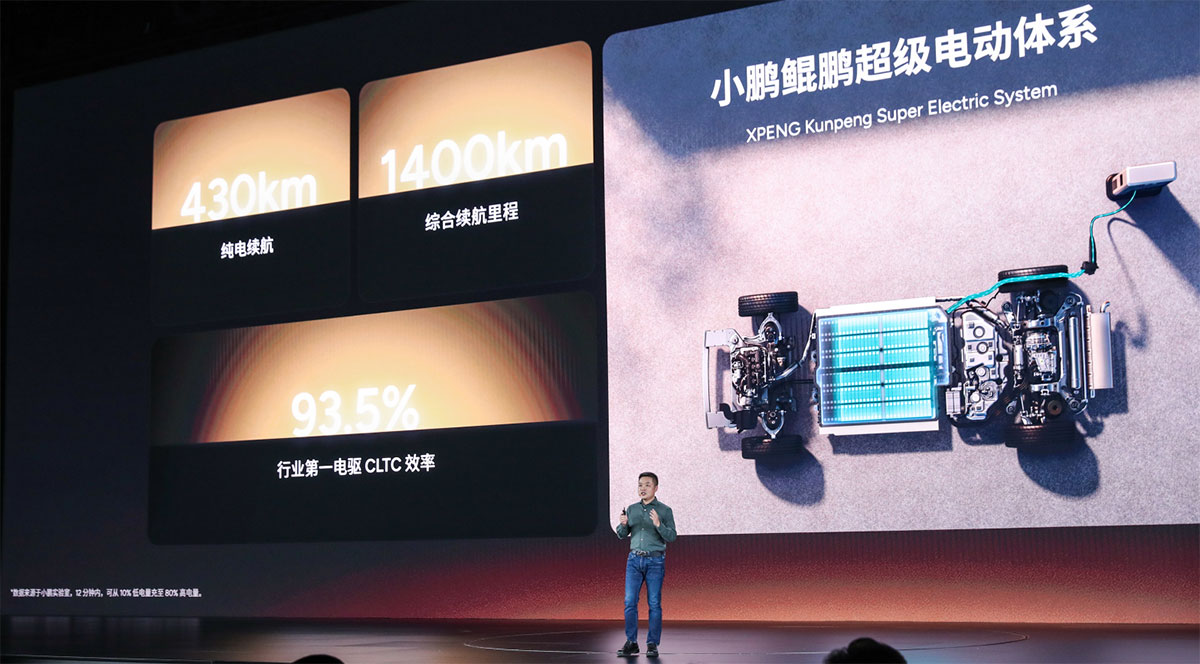
In response to global demands for adaptable, climate-conscious EV solutions, Xpeng is positioning Kunpeng to cater to diverse market needs across urban and rural settings. As competition grows, particularly with CATL’s Freevoy hybrid battery offering similar capabilities, Xpeng’s Kunpeng system could reshape consumer expectations around hybrid and BEV technologies.
Turing AI Chip and Canghai Platform: Setting New Standards for Autonomous Driving
Xpeng’s Turing AI chip marks a significant step in autonomous driving hardware, built specifically to power AI applications across cars, robots, and even flying vehicles. Engineered with a 40-core processor, the Turing chip supports complex AI models with up to 30 billion parameters, tailored to meet the demand for high-performance processing in smart driving systems. Tested rigorously in recent months, the Turing chip successfully powered the latest version of Xpeng’s smart driving technology, completing nearly 3,000 tests in record time.
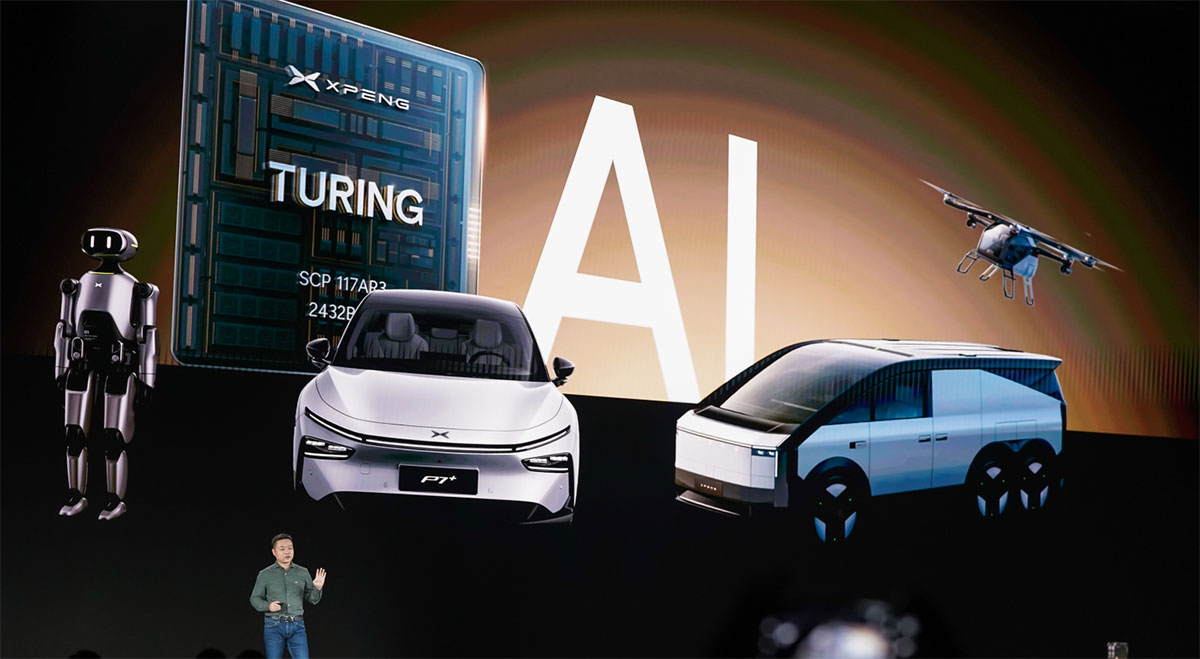
Complementing this, Xpeng unveiled its Canghai Platform—a next-generation neural system that enhances L4 autonomous driving capabilities. Boasting a 33-fold increase in communication bandwidth and a 72% reduction in power consumption, the platform is designed to operate efficiently while supporting advanced robotaxi applications. With both Turing chips and the Canghai Platform embedded in its future Ultra series models, Xpeng is pushing toward fully autonomous capabilities with high-speed data processing, envisioning a new wave of smart vehicles.
Xpeng Aeroht’s Flying Car Revolution: Modular and All-In-One Designs
Xpeng Aeroht, Xpeng’s airborne mobility subsidiary, provided an exciting glimpse into the future with the announcement of its modular electric Vertical Takeoff and Landing (eVTOL) flying car. Set for a public flight demonstration at the China Airshow, this modular eVTOL includes a detachable flying vehicle that can recharge through a ground-based parent unit. Scheduled for mass production in 2026 and priced below RMB 2 million ($279,200), the flying car aims to make personal aerial travel more accessible.
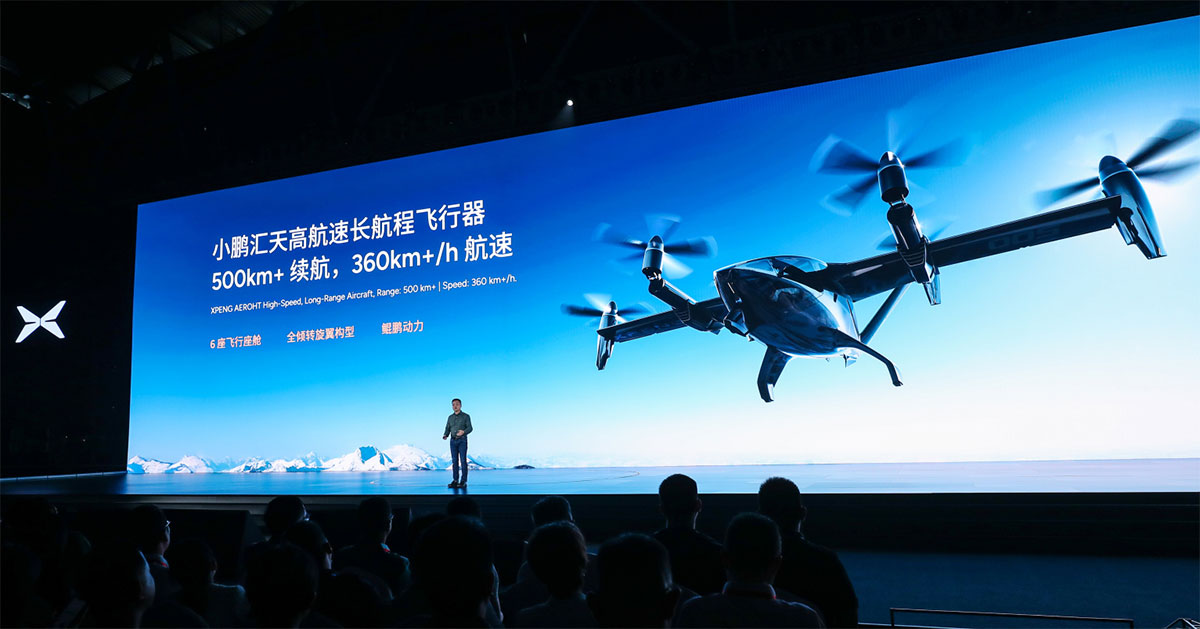
Looking ahead, Aeroht also plans to develop a larger, all-in-one hybrid flying car with six seats, featuring an impressive 500-kilometer air range and a top speed of 360 km/h. With these advancements, Xpeng Aeroht aspires to lead in urban air mobility, offering transformative solutions that blend traditional car functions with high-speed airborne capabilities.
Meet Iron: The Humanoid Robot Powered by Turing AI
Xpeng rounded out the event by revealing Iron, a humanoid robot designed with over 60 joints, making it capable of mimicking human-like motions. Iron stands at 178 cm tall, weighs 70 kg, and operates using the Turing AI chip as its cognitive powerhouse. With its advanced motor functions and adaptable AI brain, Iron can perform various tasks, from lifting objects to walking, and is expected to be deployed in factories, stores, and even homes.
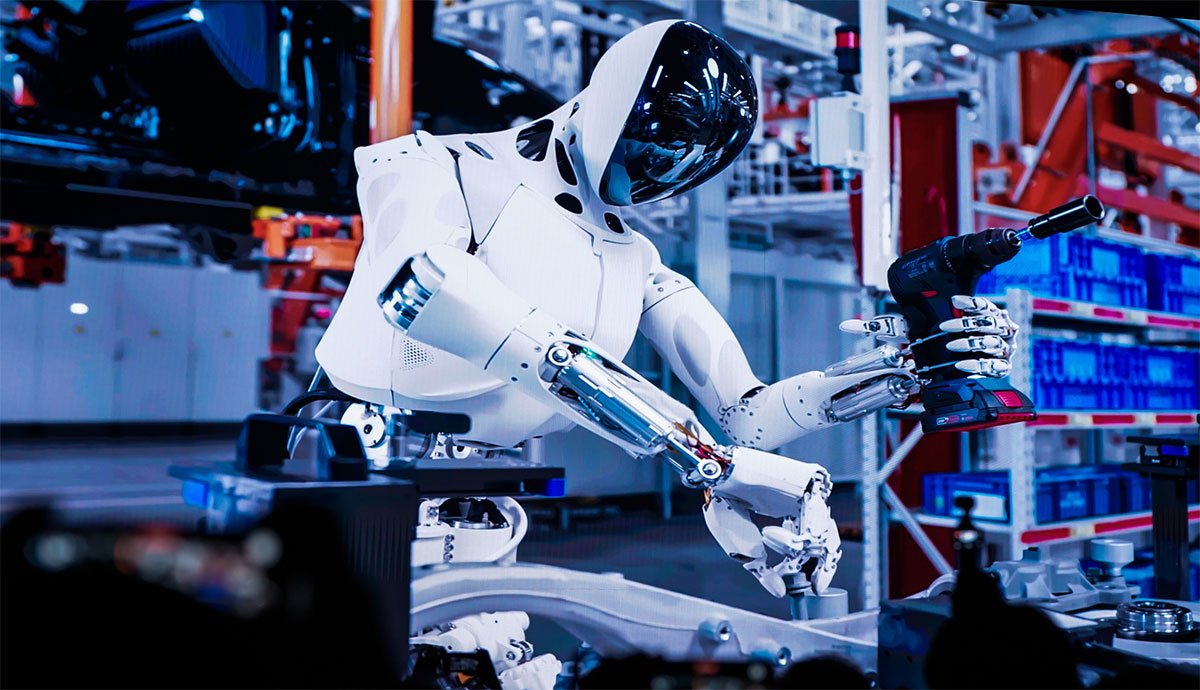
With plans to integrate Iron across a variety of commercial and industrial environments, Xpeng envisions the humanoid robot as an evolution of its AI and robotics prowess, symbolizing a future where autonomous technology transcends the vehicle space to influence multiple aspects of daily life.
Expanding Global Reach and the P7+ Electric Sedan Launch
Xpeng also highlighted its expanding international footprint, currently serving 30 countries and regions with 145 overseas after-sales centers. The company plans to increase its presence to 60 countries by 2025. Tomorrow, Xpeng will also debut the P7+ electric sedan, equipped with the Turing AI smart driving system, setting a new standard for seamless driving experiences without segmentation into Max and Pro versions as seen in other models.
Xpeng’s 2024 AI Day underscored its ambition to reshape the future of mobility with transformative technology. From pioneering new hybrid systems and custom AI chips to ambitious plans for flying cars and humanoid robotics, Xpeng is carving a unique path in the global tech landscape.

